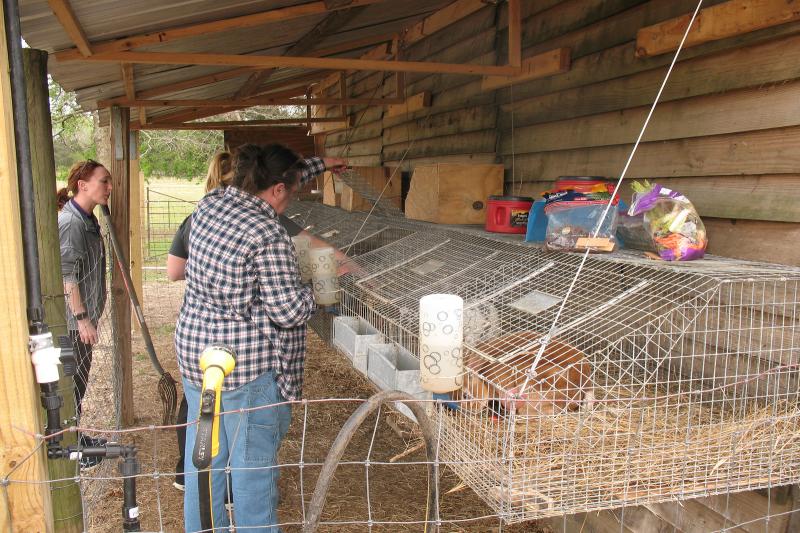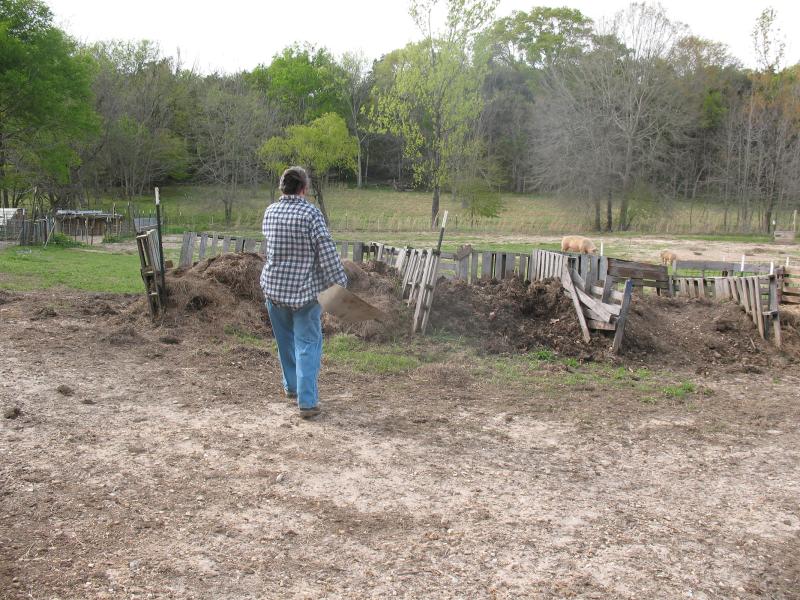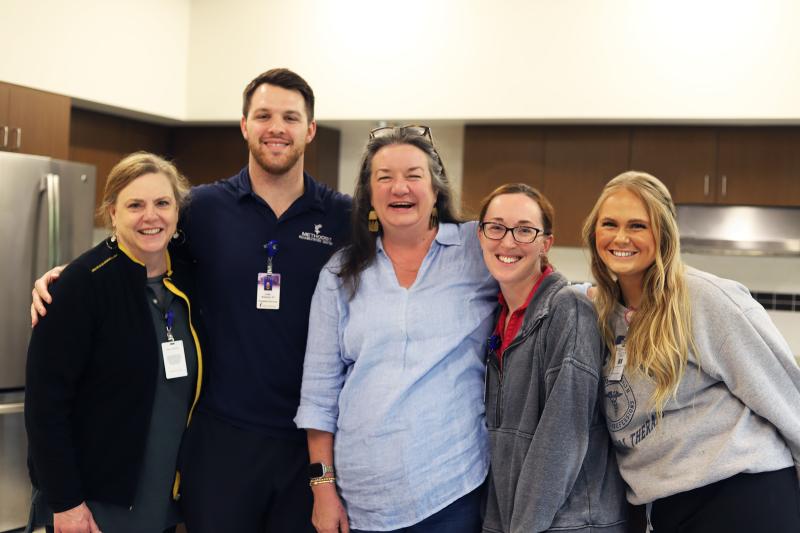Amy DeGrado’s Benton farm is home to piglets, dogs, cats, goats, cows, ducks, bees, chickens and rabbits. It’s her happy place, and she enjoys the work it takes to tend to her animals.
“That’s my me time,” DeGrado said.
In January, a milking mishap interrupted her peaceful farm work. DeGrado bent to check a cow’s udder, which accidentally spooked her. A kick to DeGrado’s head caused a massive hemorrhage in her brain.
After a short stint at Methodist Rehabilitation Center, DeGrado made good progress from a medical standpoint. But by her own standards, her physical condition was unbearable because it threatened her independence.
“I couldn’t bear the thought of going 20 or 30 more years like I was,” said DeGrado. “I am not ready for ‘Oh, I need my husband to be able to do that.’”
With goals to return to her farm and handle chores on her own, DeGrado was an ideal candidate for Methodist Outpatient Therapy’s Quest program. Quest is a unique and specialized program designed for patients with specific goals to return to work, school and community life. Known for their creativity and dedication, Methodist’s Quest team developed exercises and activities to challenge DeGrado in therapy.
The neurological damage DeGrado suffered weakened her mouth and face muscles. Speech therapist Cassie Means had her exercise those muscles using several oral motor exercises. DeGrado felt that she made the most progress with a balloon-like device called an IOPI (Iowa Oral Performance Instrument.) The IOPI provides resistance to the tongue, and its bio-feedback component allows therapists to track muscle strength and progress. To practice facial control and strengthening at home, DeGrado followed Means’ advice and enjoyed the occasional Tootsie Pop.
“We always knew she would follow through,” said Means.
When it came to farm chores, physical therapist Luke Kimmel prioritized DeGrado’s balance and endurance at first. Later, he started incorporating more advanced movements like bending, lifting and pitchforking. Kimmel made a makeshift shovel out of a bar with a weight attached so that DeGrado could practice filling a wheelbarrow. Kimmel had her simulate leading a sheep by pulling a heavy box with cords attached.
“It was the exact movement,” DeGrado said.
DeGrado appreciated bouncing ideas off of occupational therapist Allison Harris and her student in the University of Mississippi Medical Center’s OT program, Lilly Roberts.
“It’s not really the neurologist who gets you through,” said DeGrado. “You can’t tell him ‘I can’t grip my coffee cup, and I am spilling coffee everywhere,’ but I told Lilly that.”
When they weren’t helping her solve problems and identify strategies, Harris and Roberts created activities to challenge DeGrado’s fine motor skills.
“One day, they had me digging for cones in a planter, and I said, ‘I can’t find them,’” said DeGrado. “Lilly laughed and said, ‘They’re in there.’”
Harris was particularly impressed with DeGrado’s dedication to her home exercise program.
“She was determined to get back to 100 percent,” said Harris.
DeGrado’s team was committed to helping her get there, which meant they’d need an in-depth look at her farm to ensure they’d helped her meet her goals. Kimmel, Roberts and Harris took a trip to the farm to identify specific tasks to practice before DeGrado’s time in Quest ended.
“They made me aware of my body and muscles again,” said DeGrado. “I found a group of people who knew I wanted to get back to normal. They’ve been this route a thousand times. When you come here, they get to know you.”
DeGrado graduated from the Quest program in April, thrilled to be tending to her farm and having met her personal and therapy goals.
“I am finally building the life I have always wanted for myself, and I don’t want my injury to stop that,” she said.



